"Rusty tin — this is how missing people are treated in Russia"
Categories: Society
By Pictolic https://pictolic.com/article/rusty-tin-this-is-how-missing-people-are-treated-in-russia.htmlOn May 25, the International Day of Missing Children, a depressing installation appeared on one of the squares of VDNH. It is a map of Russia, sewn from pieces of rusted tin. Some regions are filled with portraits of children who never returned home. The installation is framed by a photo exhibition. The images gradually depict the search operations carried out by volunteers of the search and rescue team "Lisa Alert".
— Why did we make a map out of rusty tin? This reflects how the problem of missing people is treated in Russia," says the chairman of Lisa Alert, Grigory Sergeev. — Dozens of children and old people are lost every day across the country. These are figures comparable to the number of deaths on the roads. But the amount of budget funds from the Ministry of Internal Affairs and the Ministry of Emergency Situations that are allocated for the search is negligible compared to the scale of the problem.
(7 photos in total)
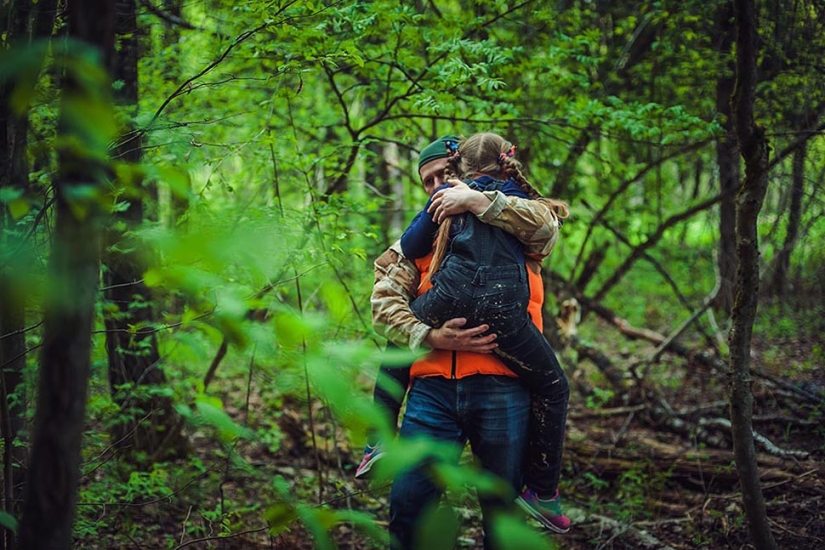
The impetus for the creation of "Lisa Alert" was the sensational case of the disappearance of five-year-old Lisa Fomkina and her aunt in September 2010. Their bodies were found in a forest near Moscow by volunteers, not special services, and only on the tenth day of the search.
At that moment in Russia, the culture of volunteerism was in its infancy. But after the incident, there was a real boom. Thousands of people began to take part in the search. However, after a couple of years, the surge faded. Now the ranks of volunteers are replenished mainly after the accident happened. In fact, each of the 39 regional detachments of "Lisa Alert" was created on the tragedy of a dead child.
 Grigory Sergeev is one of those who stood at the origins of this organization.
Grigory Sergeev is one of those who stood at the origins of this organization.
— In the summer of 2010, I saw an ad on the Internet: a boy was lost in the forest near the village of Chernogolovka, we need the help of volunteers. My friend and I went. However, we did not think that we would be able to bring tangible benefits. We had no experience, and, as we believed, professionals were already engaged in the search. But on the spot we saw a completely different picture. There was a car of the Ministry of Emergency Situations, near it one emcheesovets smoked. He watched a group of volunteers, about 20 people, working.
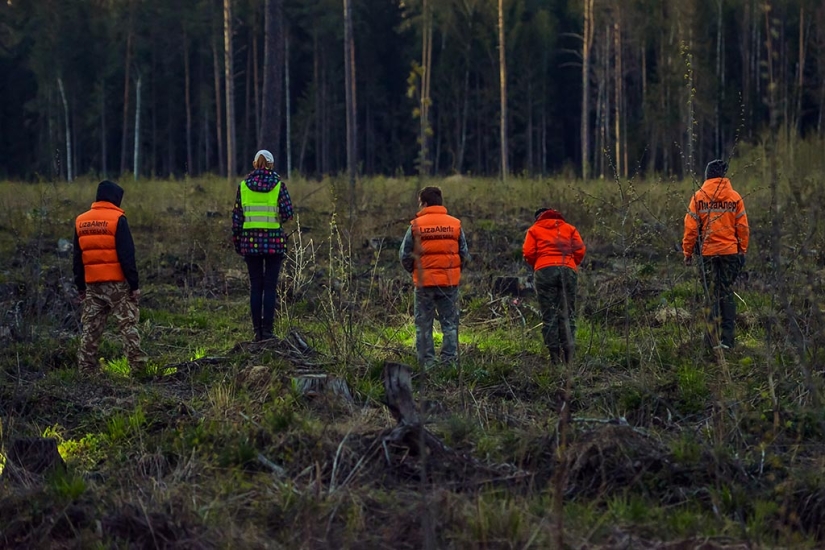 — So only civilians were looking for the boy?
— So only civilians were looking for the boy?
— And everyone was tired, after work. No one really understood how to act. The search went on for the fourth day, the last group of volunteers had been working in the forest for 8-10 hours before the child was found. We saw the first employee of the special services when one of the volunteers brought a doctor of the Ministry of Emergency Situations on an ATV to examine the boy. When we were driving home, we heard a message on the radio: "The EMERCOM squad found a missing boy in the forest. So many personnel took part in the search." This caused anger.
— Were you looking for Lisa Fomkina too?
- yes. Then the police were really involved, but they worked ineffectively. As it turned out, for the first five days they were looking for a completely different area where the girl and her aunt were lost. On the last night, a group of 300 volunteers worked. Lisa died on the ninth day after the disappearance, we were late for a day. It became clear that something had to be done about it, there was no hope for civil services. We decided to create a platform that would unite volunteers. A month later, the website started working, where we announced the creation of the Lisa Alert search team. At first we had very little equipment, but now we have an all-terrain vehicle for searching in impassable places, and a hotline. Everything related to the reception and processing of applications and search coordination is conducted through it. At the same time, Beeline constantly supplements it with new services so that it is a full-fledged call center.
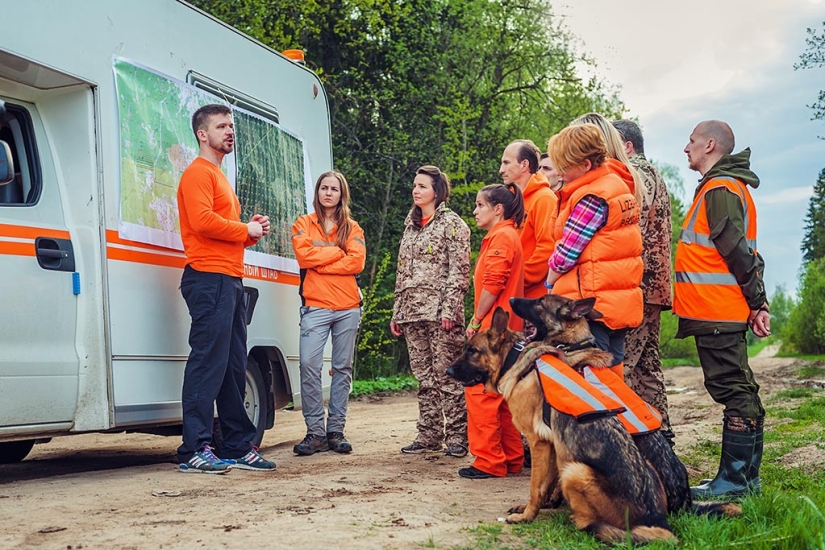 — You keep search statistics, don't you?
— You keep search statistics, don't you?
— In 2016, we found slightly less than 5 thousand people alive. About 800 were found dead, about the same number are still missing, but their search does not stop. At the same time, statistics deteriorate as the number of regions in our system increases. In the new subjects, interaction has not yet been debugged, information about a missing person cannot be received as quickly as we would like.
— Do you notice qualitative shifts in the work of the special services?
— You know, over time I realized that the state, in principle, cannot independently oppose anything to this problem. You can't keep a huge number of people in reserve, which is necessary for search activities. After all, they are not in demand every day. The point here is different. Almost every time we go on an operational search, we have to shake up local services. They often act at odds: they duplicate each other's work, but they do not touch on important aspects.
 — For example?
— For example?
— Let's say a person got lost in the woods with a working mobile phone. He calls 112 and reports that he got lost. 112 sends this information to all relevant services. And what do they do? That's right, they vied with each other to call Waii, ask what he sees, where he passed, and put him on the phone.
— Wait, isn't it possible to track the location of the phone through the GSM network?
— Theoretically, yes, but while we are waiting for this data, a person may already die. According to Russian laws, the operator can provide information about where the phone is located only in the framework of a criminal case. The superspeed that the authorities can develop by opening a criminal case is a day. A day from the moment of the statement about the disappearance of a person. But this is one case in a thousand. It's also good that by order of Bastrykin (Chairman of the Investigative Committee of the Russian Federation. — Editor's note) if we are talking about the disappearance of a minor, then the criminal case opens quite quickly. But still not fast enough - within the next day. Despite the fact that the success of the search decreases with every hour of delay. And if an adult has disappeared, then only if the investigator sees a criminal version. So it turns out that we live in the XXI century, but we have to make do with the means of the XIX century.
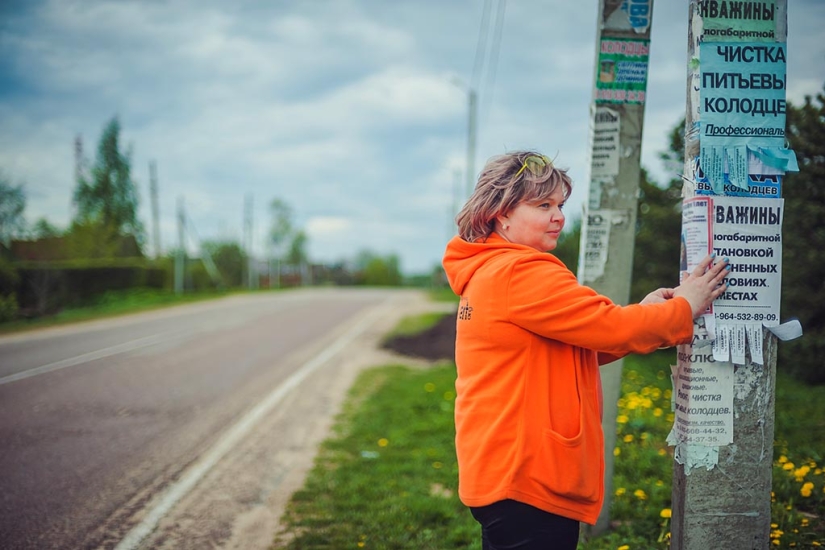 — What do you mean?
— What do you mean?
— The most striking example is orientation. This is a very effective tool. More than 40 percent of people who are lost in the city are on orientation. But paper is the last century. There are so many means in the city for the immediate dissemination of information like electronic displays in public transport, but they are not used properly. The system is inert.
— Have you tried to change the situation?
- of course. We beat the thresholds of high offices, convinced that the principles of searching for missing people need to be changed, it is necessary to use all modern means. They nodded to us, but did nothing.
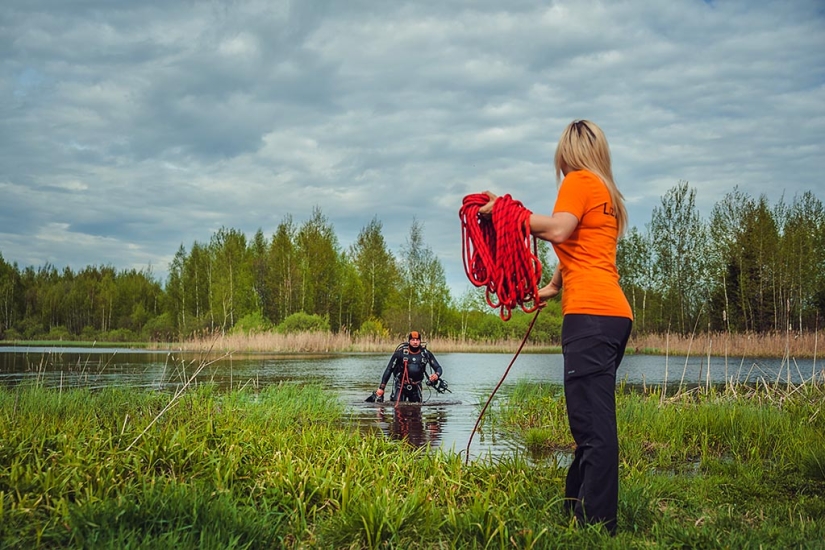 — Is it really that sad?
— Is it really that sad?
— Little by little, the matter is still moving forward. Recently, with the support of the Agency for Strategic Initiatives, we presented the concept of creating a single Search Center for missing people, which should become a bridge between volunteer organizations and law enforcement agencies. This is a kind of headquarters that will coordinate searches, develop methods, and train volunteers. When the Center is created, I hope we will finally speak the same language with the special services.
Keywords: Forest | Squad | Partner post | Search | Loss
Post News ArticleRecent articles

Do you like to cook, buy food for the future, but the short life of vegetables and fruits does not give you peace of mind? There is ...

Ideally, veganism involves not only the rejection of eating animal products. It is a way of life where there are products which ...
Related articles

The forest often seems to be something eerie and mysterious. No wonder the world's folklore is full of stories about how poor ...

Madeira island is known for its picturesque landscapes, rugged mountains, volcanoes and rocky beaches. But one of the most unique ...

This is a series of" House in the Woods " by photographer Kai Fagerstrom. He captured the magical communities of wild animals ...

Charlie Chaplin is known throughout the world; his career as a silent film actor lasted 75 years, ending with his death. Chaplin ...